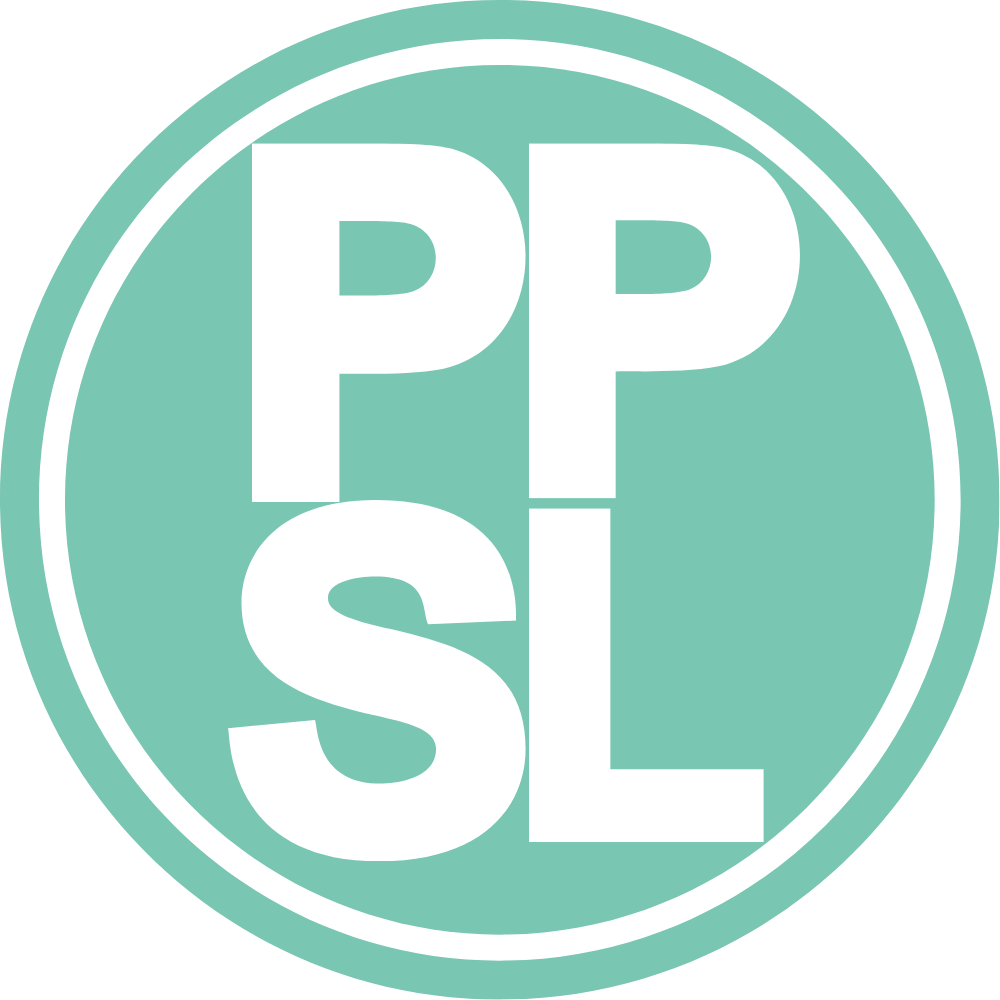Congress Fails To Override Trump’s Veto on Secretary DeVos' Devastating New Borrower Defense Rule | Press Release
BOSTON – Today, the U.S. House of Representatives failed to override President Trump’s veto of bipartisan legislation that would overturn the devasting DeVos borrower defense rule. The rule eliminates vital protections for student borrowers and imposes nearly impossible standards for students defrauded by predatory schools to assert their rights to loan cancellation.Earlier this year, in rare bipartisan votes, the U.S. House and the U.S. Senate rejected the rule. President Trump vetoed the bill despite the call from many veterans groups and advocates to sign the legislation. The DeVos rule goes into effect on July 1, 2020.In February, the Project on Predatory Student Lending and Public Citizen filed a lawsuit on behalf of the New York Legal Assistance Group, a legal aid organization that represents student borrowers, seeking to set aside the DeVos rule. The lawsuit shows how the rule ignores common sense, and rules about how regulations are made. And the lawsuit is now the only avenue to stop this rule from harming future generations of student borrowers.Statement from Eileen Connor, Legal Director of the Project on Predatory Student Lending:“The 2019 borrower defense rule will make it nearly impossible for cheated borrowers to get the loan cancellation they are legally owed – which is exactly what Secretary DeVos intended. Today, Congress had an opportunity to stand up for students who were defrauded by for-profit colleges, but they refused. These students have been lied to, scammed, and let down time and again by the government. Their rights and their voices matter and we will continue to stand with them to make sure they are heard.” Case Background on NYLAG v. DeVosIn February 2020, the Project on Predatory Student Lending and Public Citizen filed a lawsuit on behalf of student advocates at NYLAG against the U.S. Department of Education’s 2019 borrower defense rule. As a result of the changes, student borrowers will be harmed, and organizations like NYLAG, which are helping student borrowers, will have a harder time providing that help. The rules were published in September 2019 and are due to take effect in July 2020.Borrower defense regulations have been in place since 1995. They allow students to seek cancellation of their federal student loans when the school they attended engaged in misconduct. In 2016, the Department of Education issued new rules to stop schools from forcing students out of court, to specify new procedures for borrower defense, and to provide for automatic discharge for students who can’t finish their program because their school closes suddenly. Secretary DeVos attempted to block those rules from going into effect three times – and lawyers from Public Citizen Litigation Group and the Project on Predatory Student Lending had those attempts declared illegal.Undeterred, the Department of Education issued a new rule, which resulted from a fatally flawed process and is grounded on the false premise that student borrowers are the bad actors, rather than the schools that cheated them. Ignoring the Department’s responsibility to students and taxpayers, the rule protects predatory schools from liability for their bad behavior. The rule is contrary to the purpose of borrower defense, which is to allow cheated borrowers to cancel fraudulent debt. Among other harmful changes, the new rule:
- Eliminates conditions on the use of forced arbitration and class-action bans;
- Increases the hoops students must jump through to obtain relief when their schools close;
- Removes key disclosure requirements that inform students about their schools’ status;
- Imposes a narrow three-year statute of limitations for borrowers to raise claims;
- Eliminates the ability for borrowers to seek to have their claims decided as part of a group of similarly situated students; and
- Heightens the evidentiary standard to which borrowers’ claims would be held, including requiring students to offer proof of financial harm beyond that of the federal loan itself.
About the Project on Predatory Student LendingEstablished in 2012, the Project on Predatory Student Lending of the Legal Services Center of Harvard Law School represents former students of the predatory for-profit college industry. Its mission is to litigate to make it legally and financially impossible for the for-profit college industry to cheat students, and to relieve borrowers from fraudulent student loan debt. The Project has brought a wide variety of cases on behalf of former students of for-profit colleges. It has sued the federal Department of Education for its failures to meet its legal obligation to police this industry and stop the perpetration and collection of fraudulent student loan debt.
###
